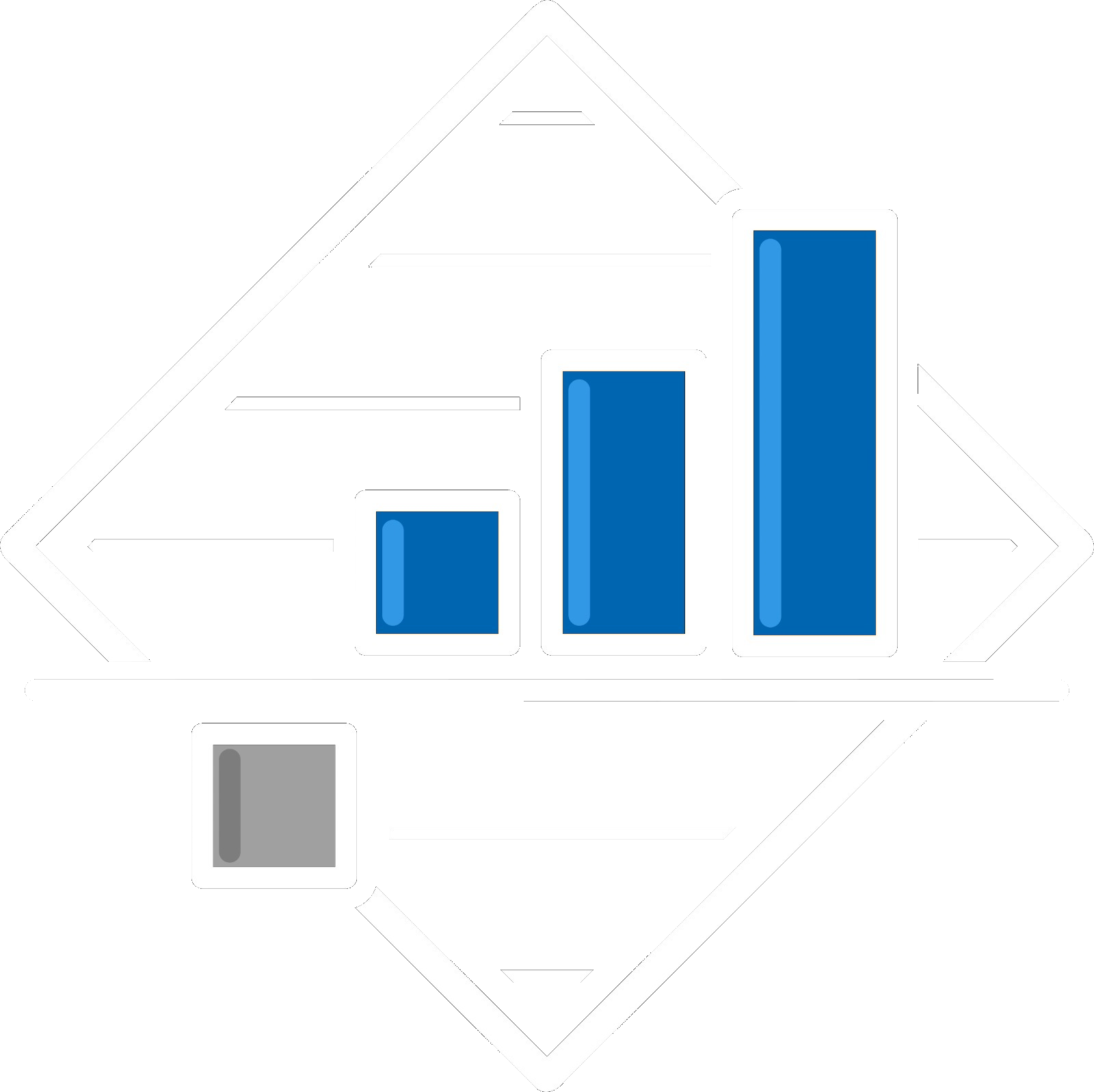When you say Capital gains tax (CGT) most people would be raising one eyebrow and thinking "Well I've heard of it...". Hills Accounting is the Tax Accountant Hobart can trust to help unravel its intricacies.
CGT is like a jigsaw without the box. You know what to do with it but it would be really nice to be able to see the whole picture. It is filled with twists and turns, and it is crucial that you get it right — especially when it involves your personal tax returns.
As your dedicated guide through the financial wilderness, we’re here to make sense of CGT and show you how working with Hills Accounting can transform this complex topic into straightforward, money-saving strategies.
What Is Capital Gains Tax?
First, let's unpack the basics. Capital gains tax in Australia is not a separate tax but part of your income tax. It's triggered when you sell an asset like property, shares, or even an investment and make a profit. The difference between what it costs you to acquire the asset and what you receive when you sell it is known as a capital gain, and this profit is taxed.
Leveraging Professional Advice for Your Tax Returns
Capital gains tax can influence significant financial decisions, especially concerning large assets. Professional advice is not just beneficial; it's essential. Engaging with a tax accountant ensures that you're not only compliant with the complexities of CGT laws but also positioned to take full advantage of the tax system to enhance your financial health.
